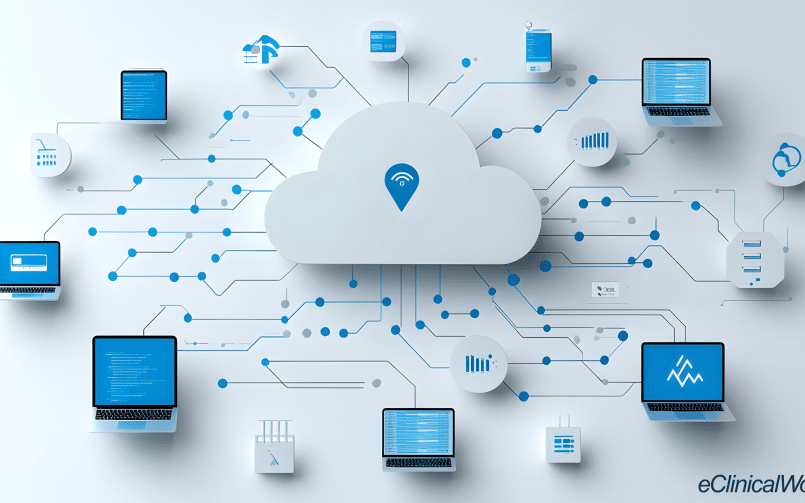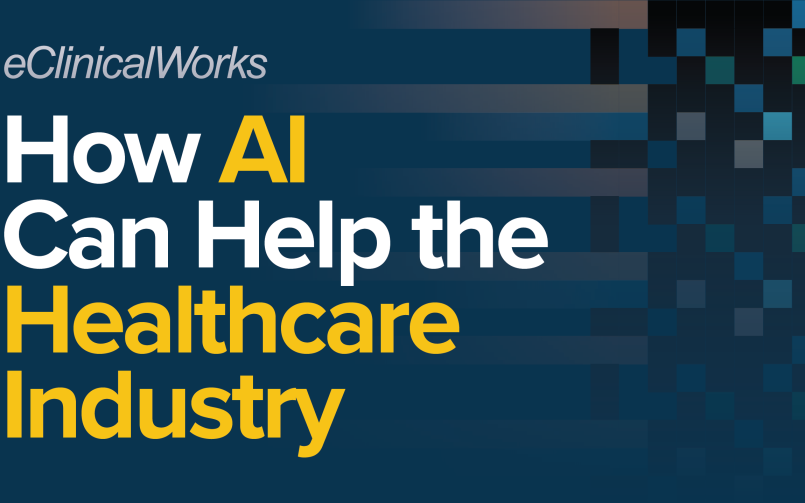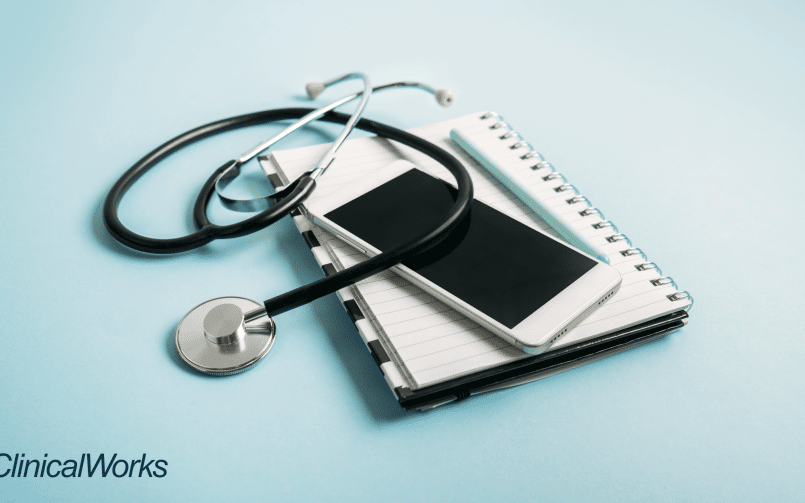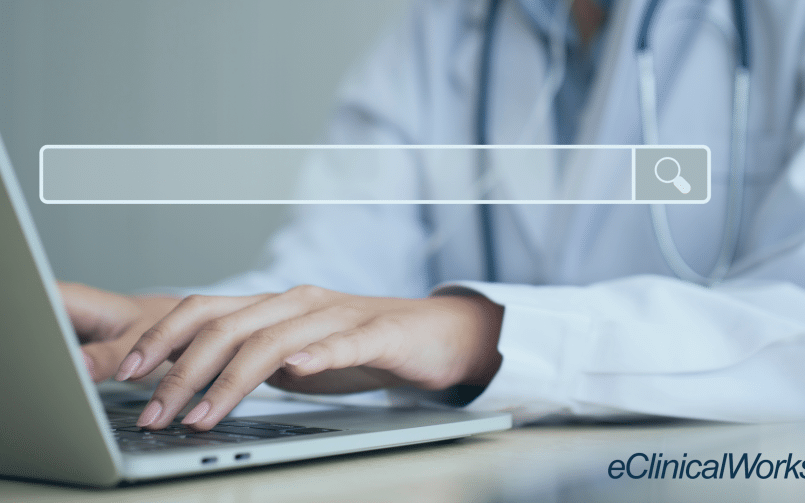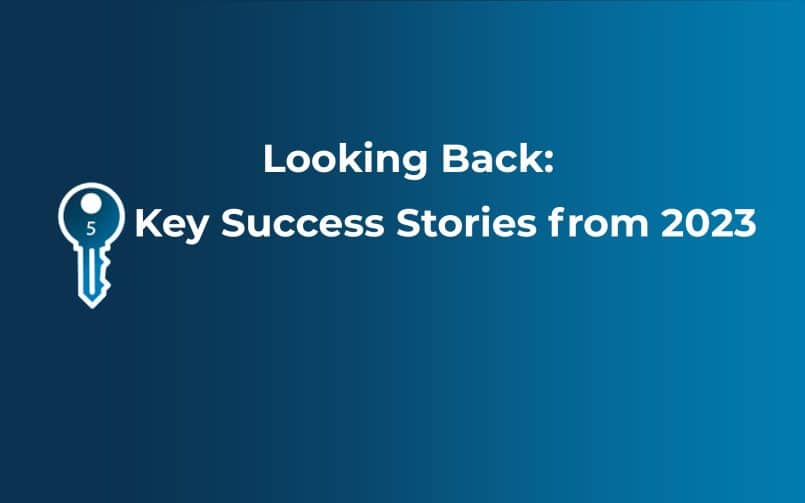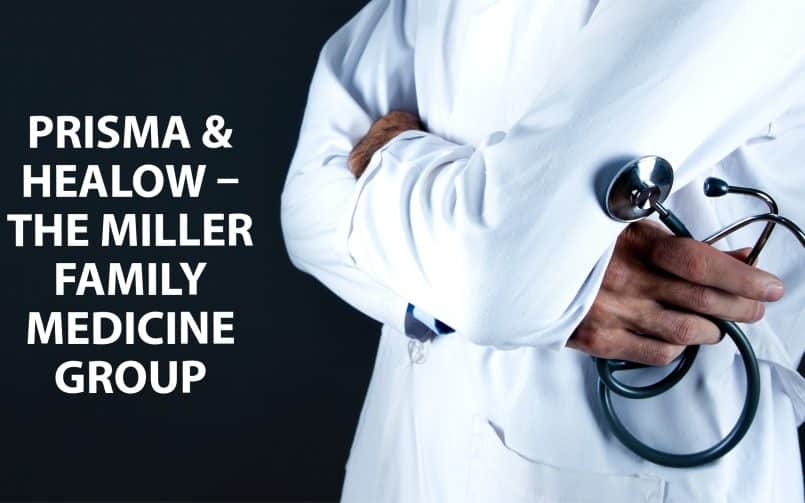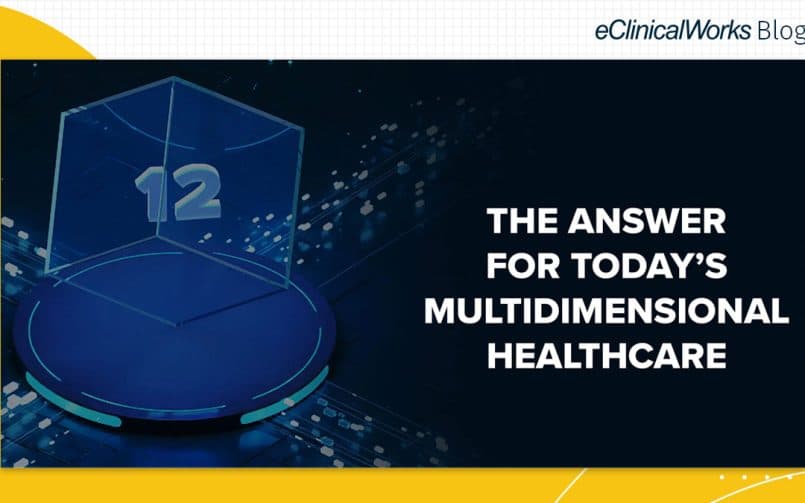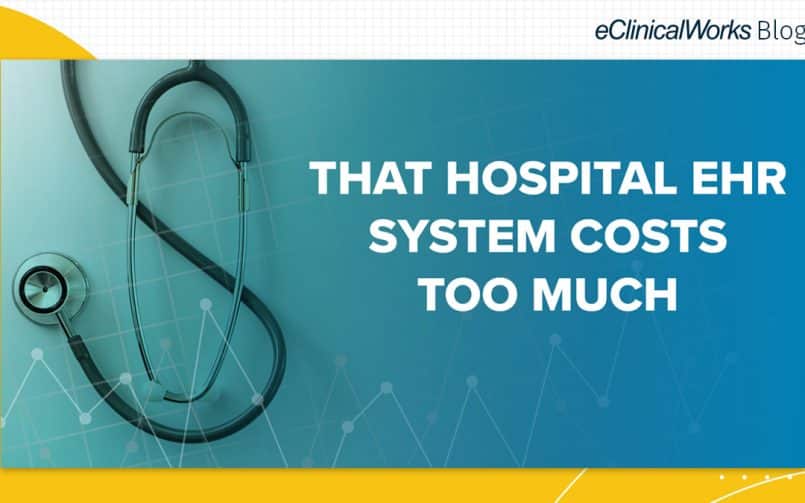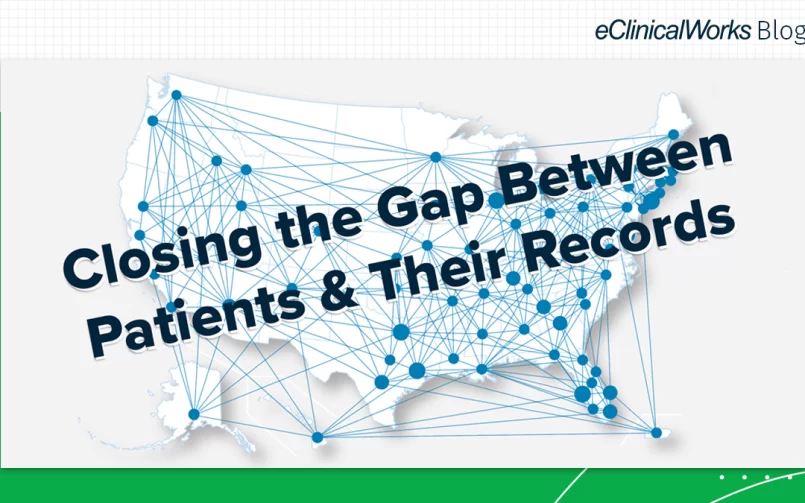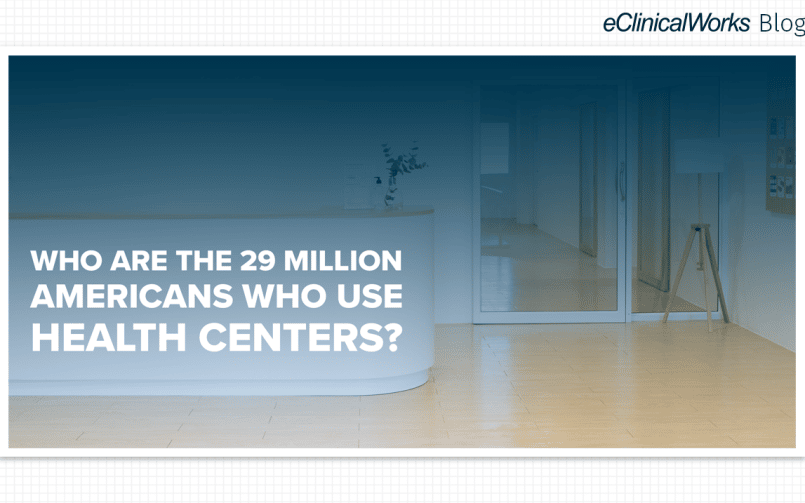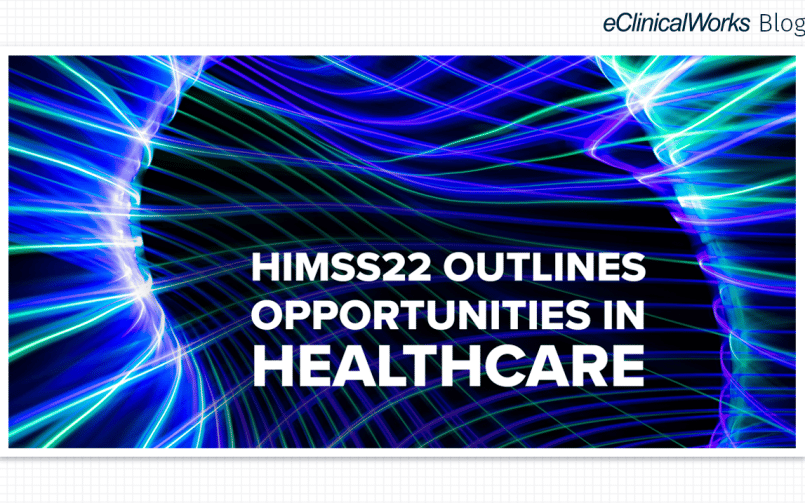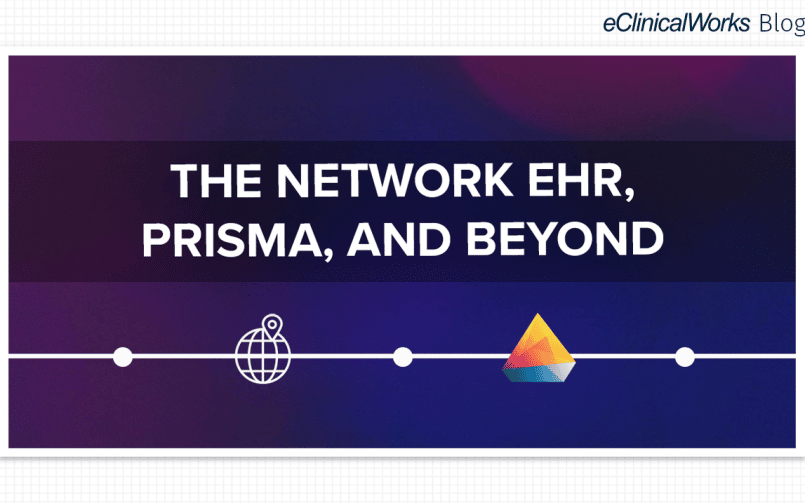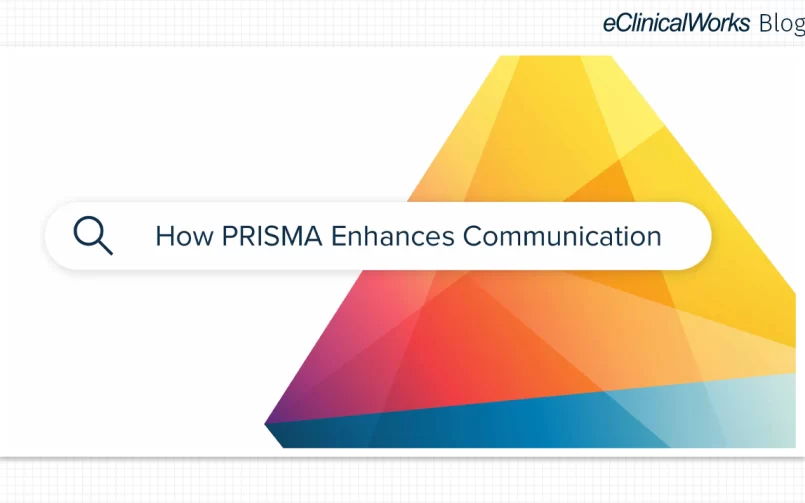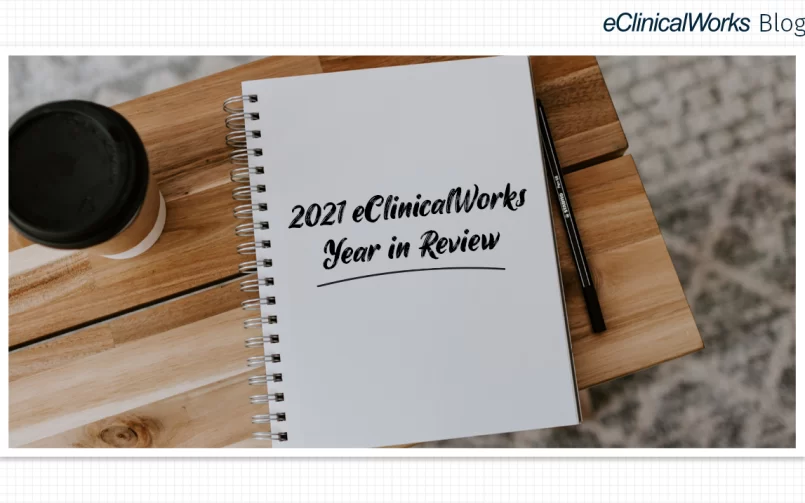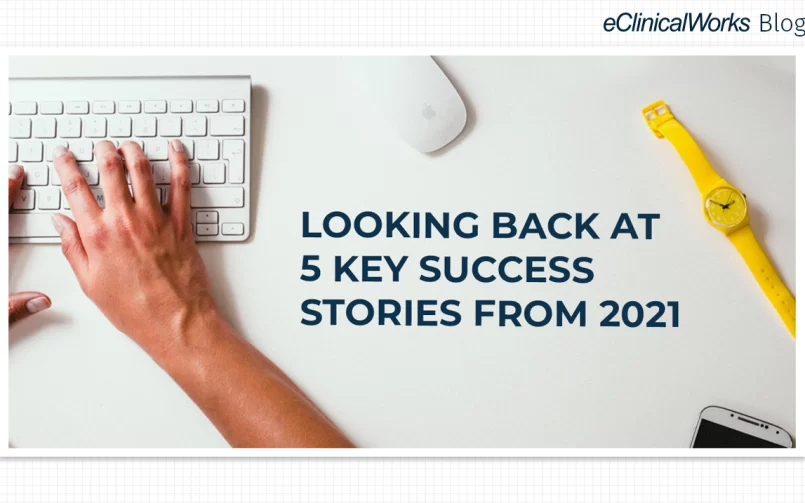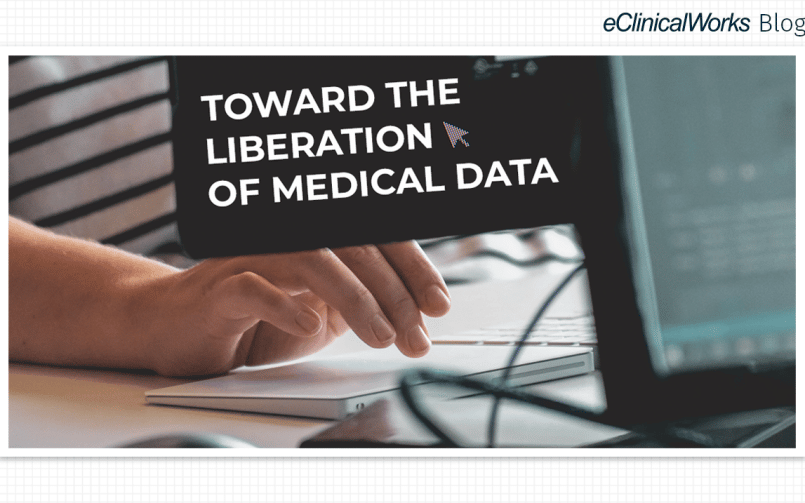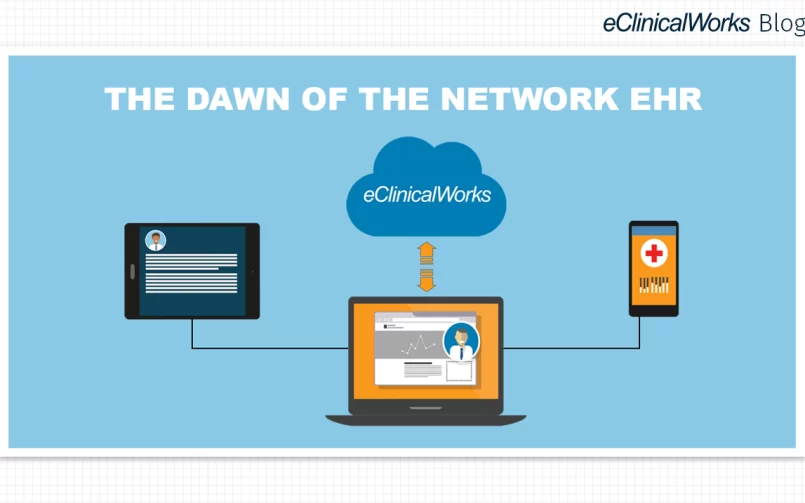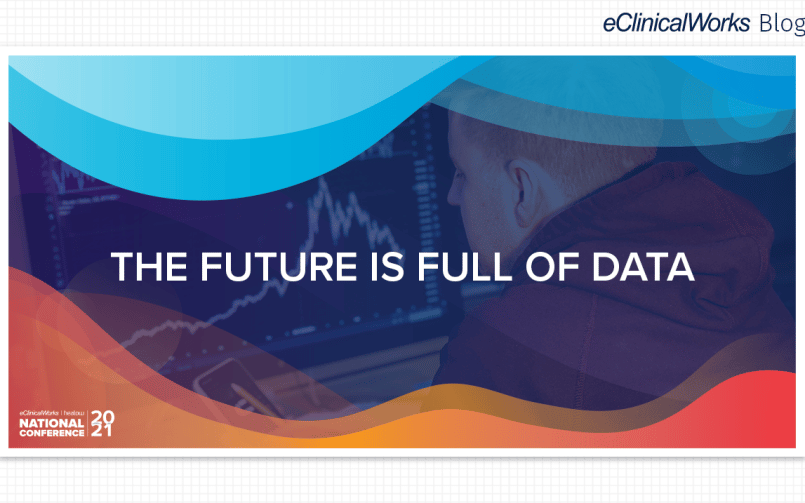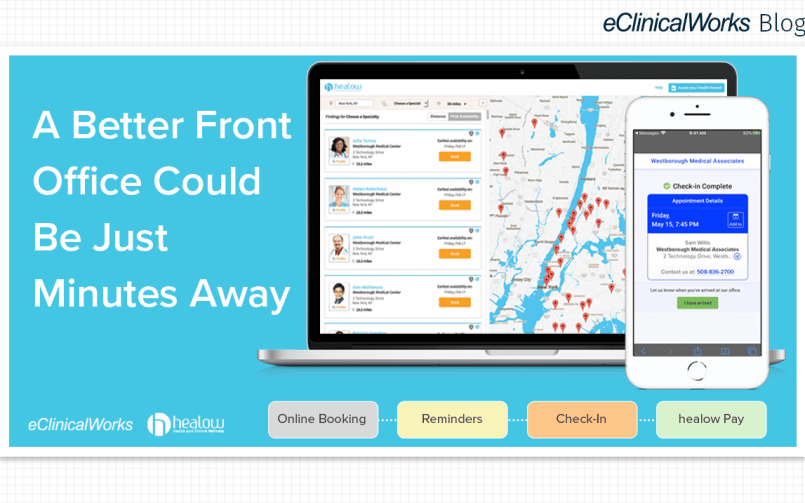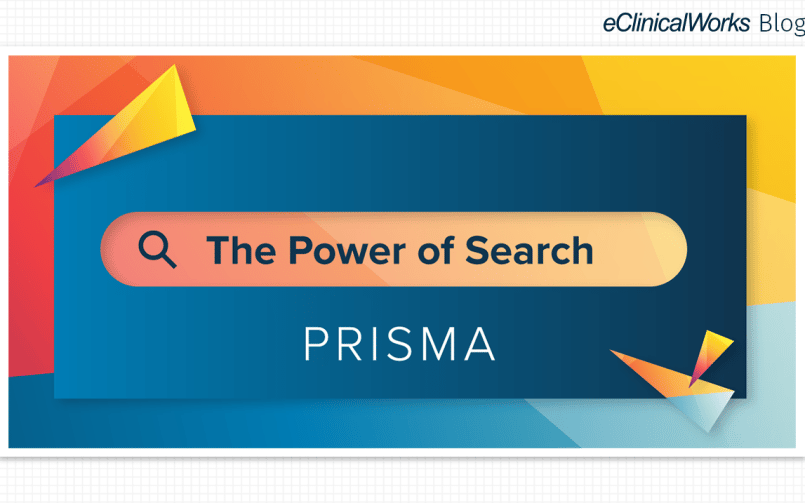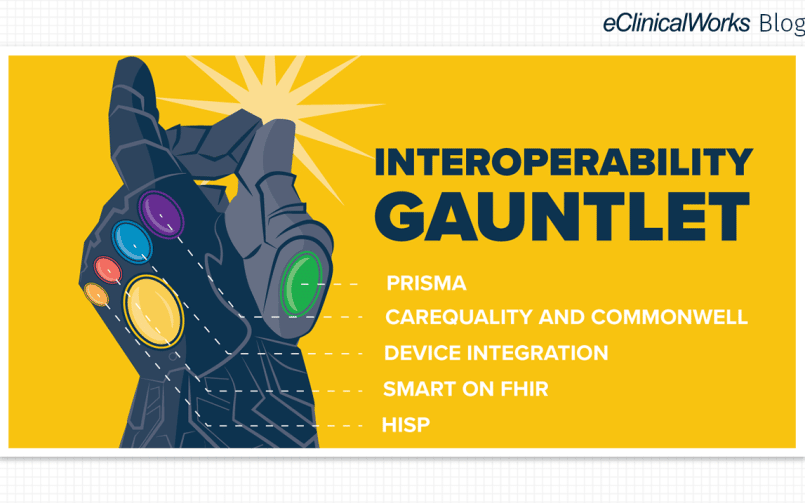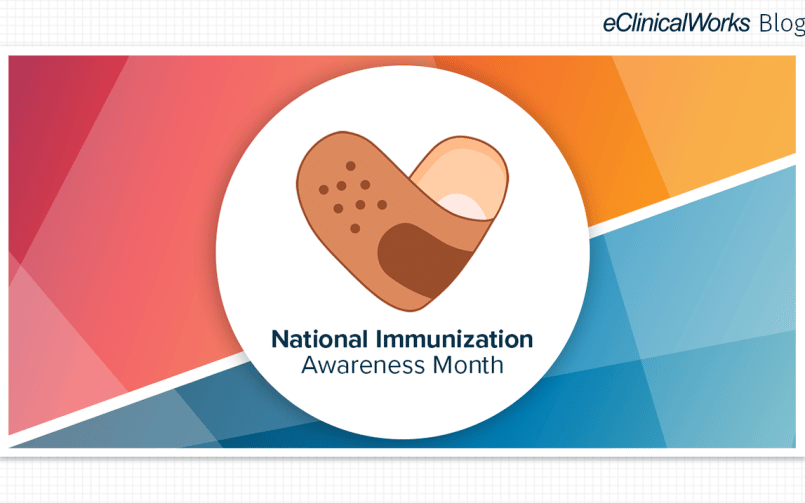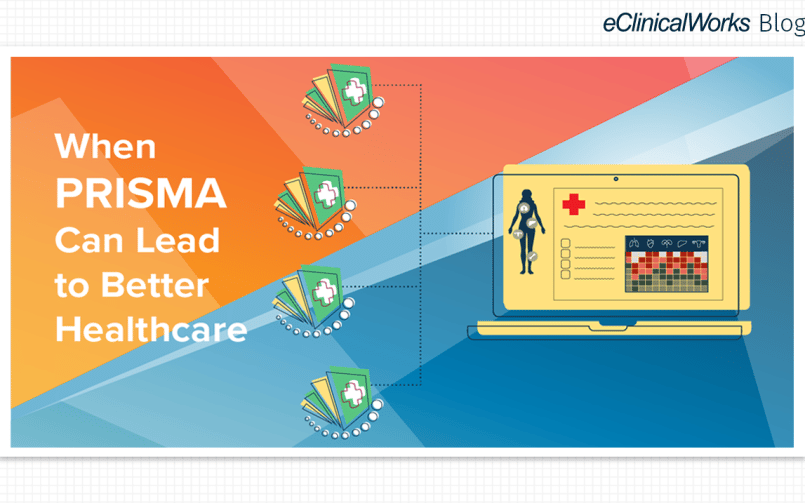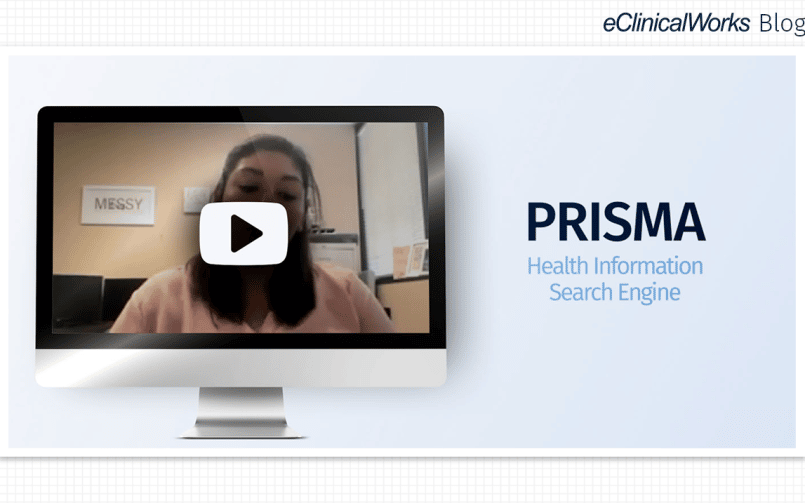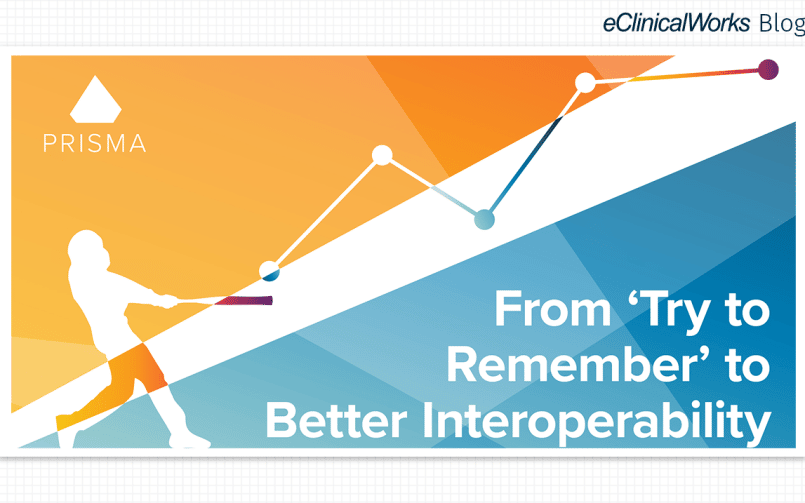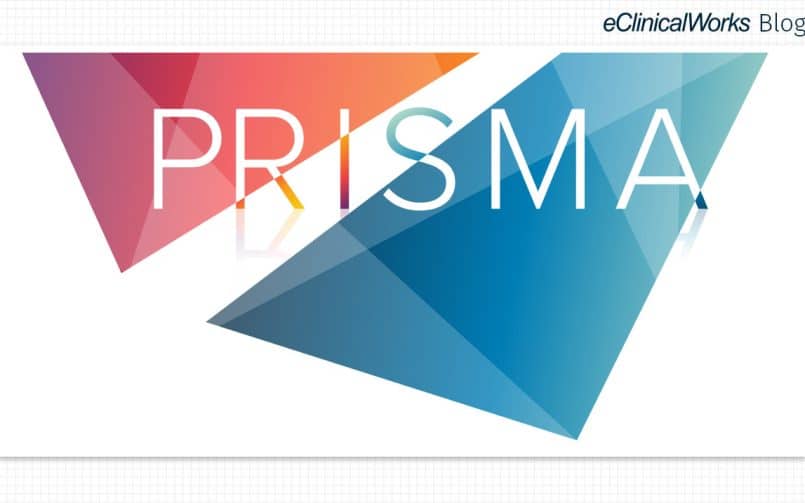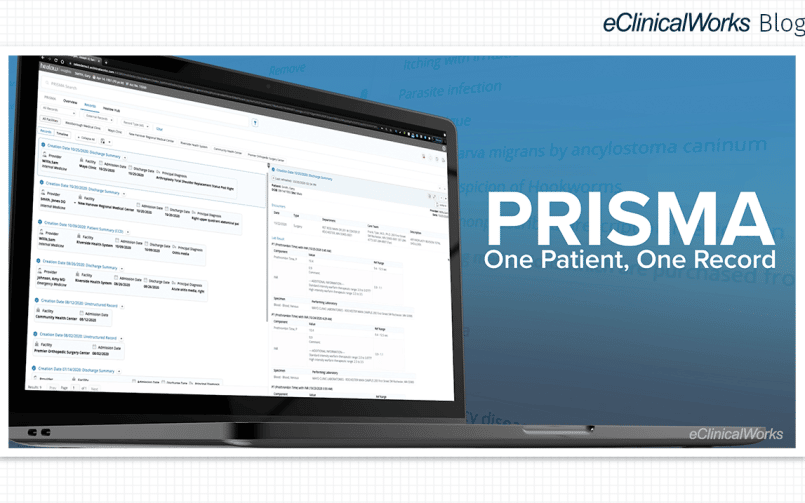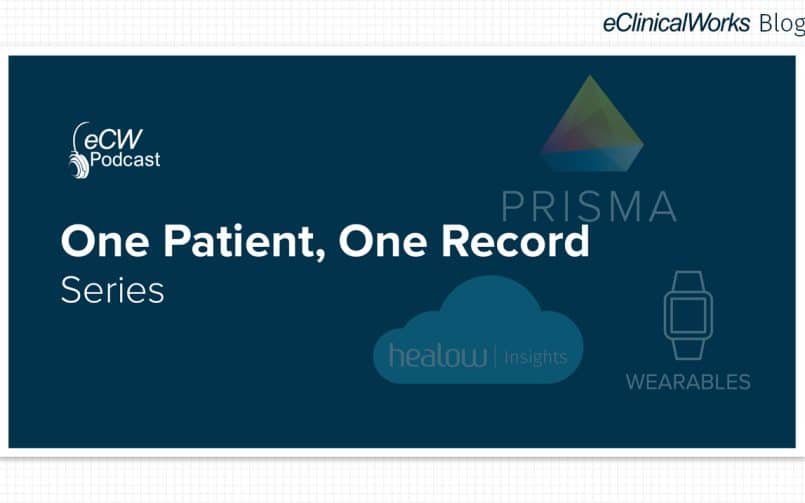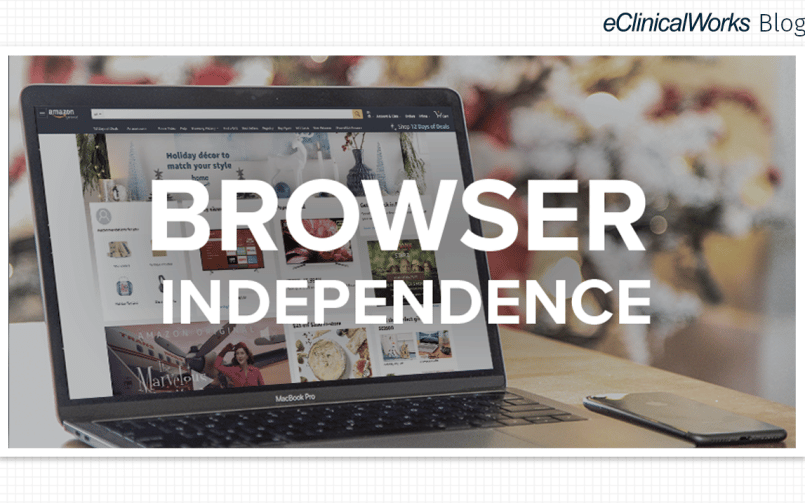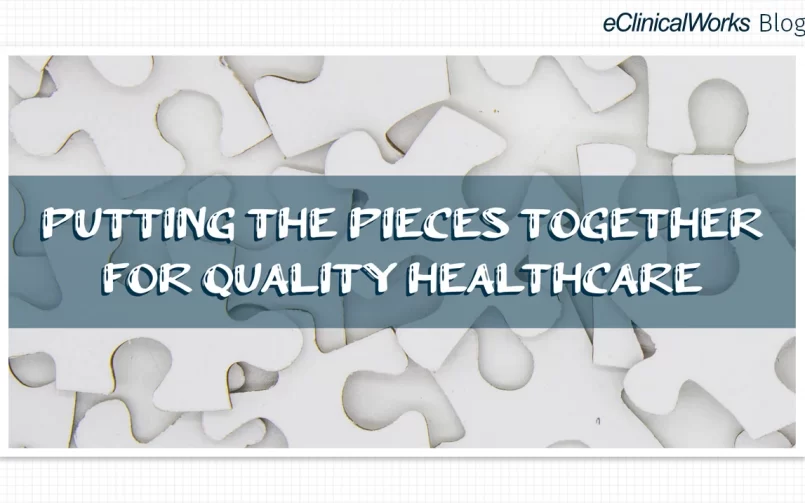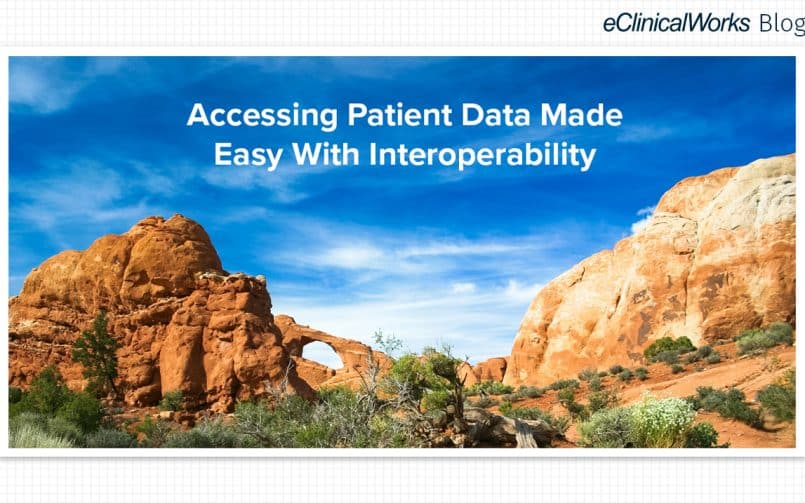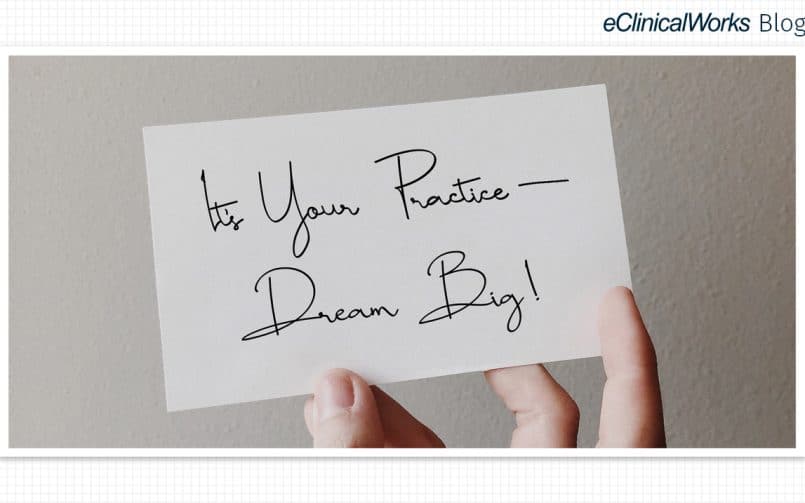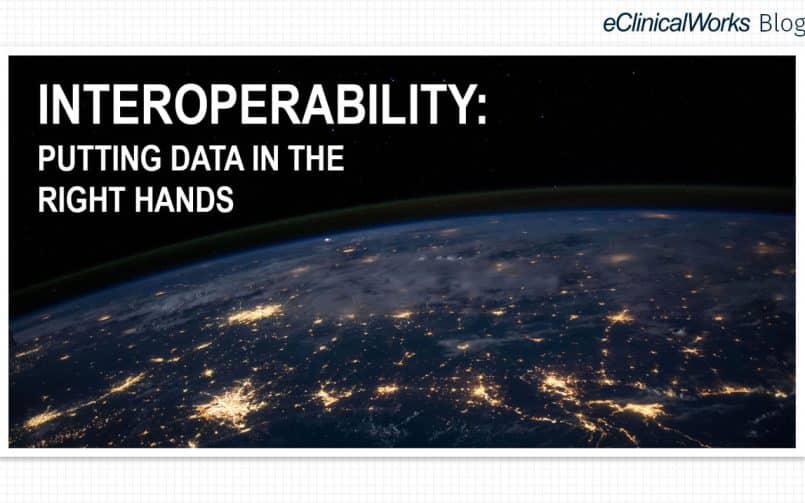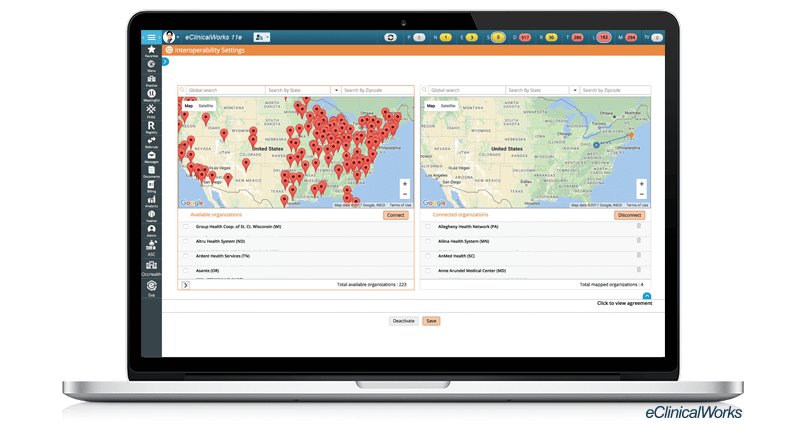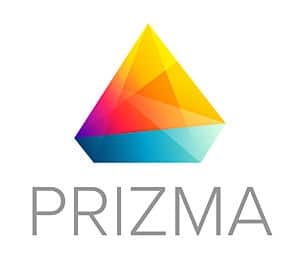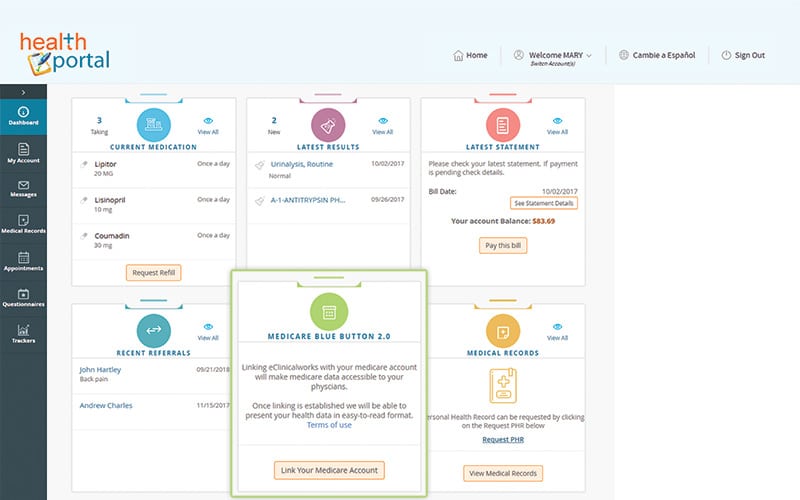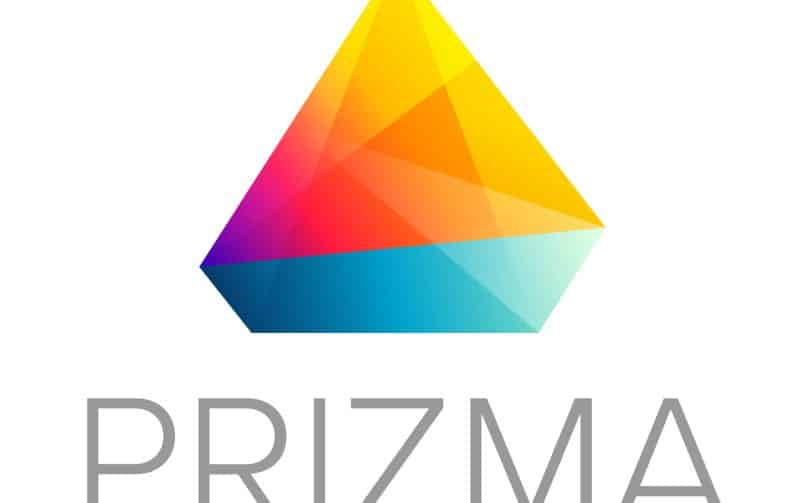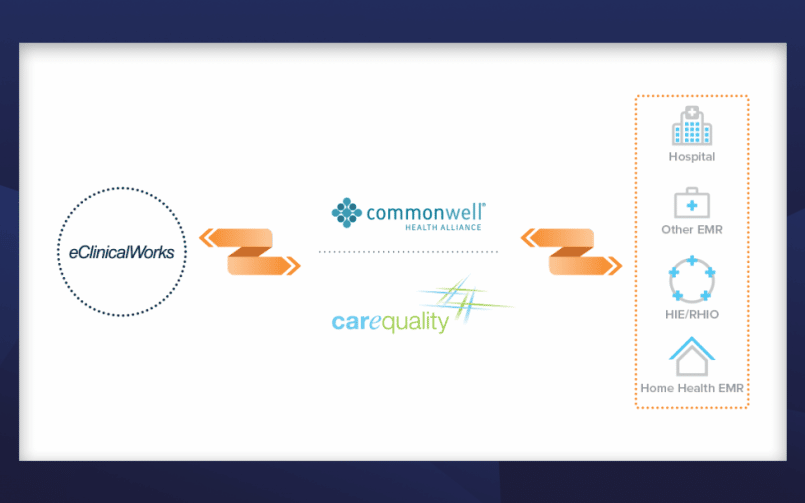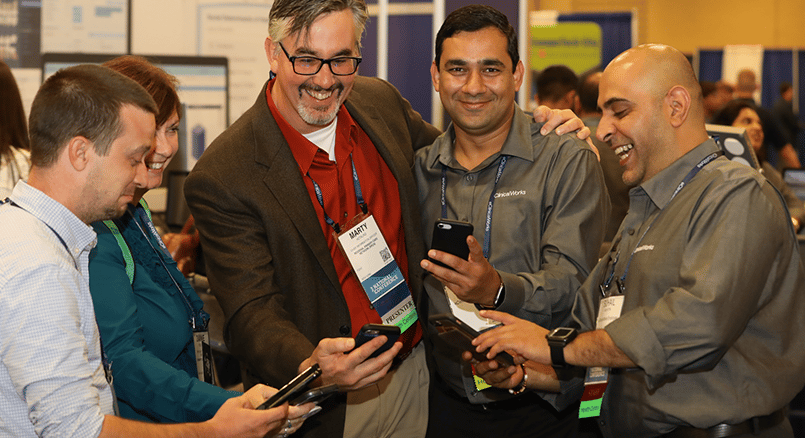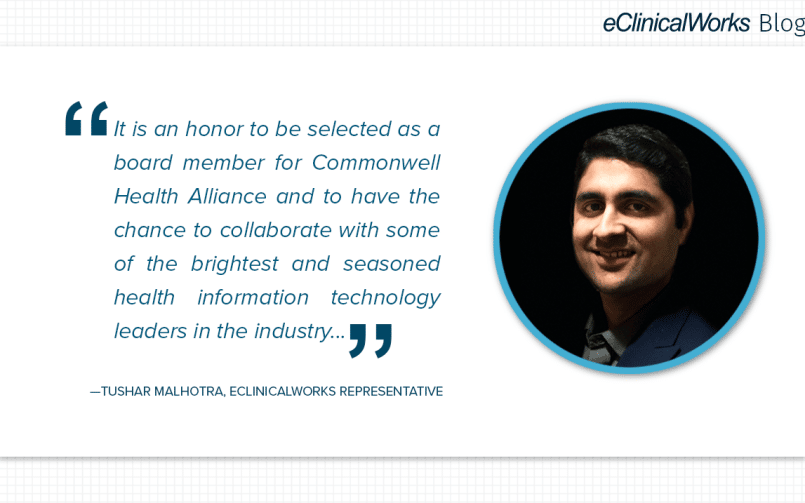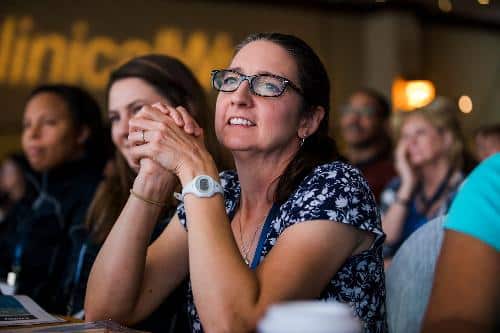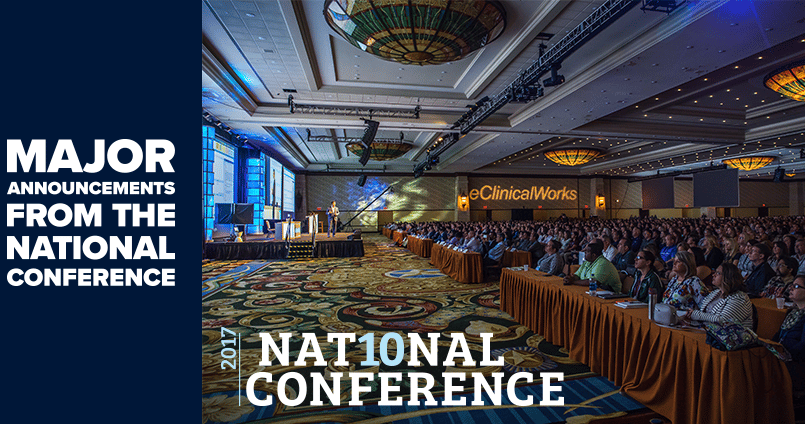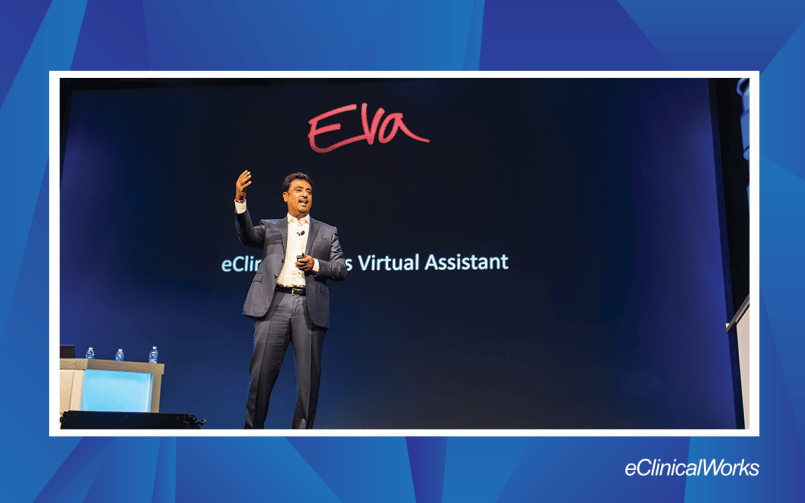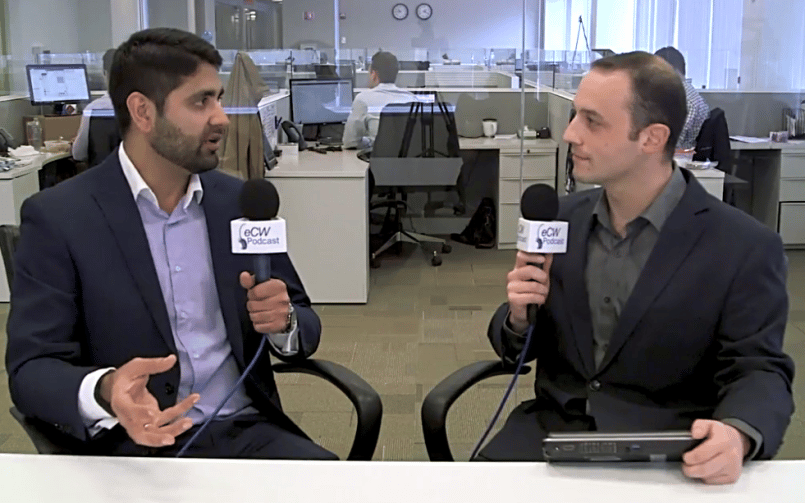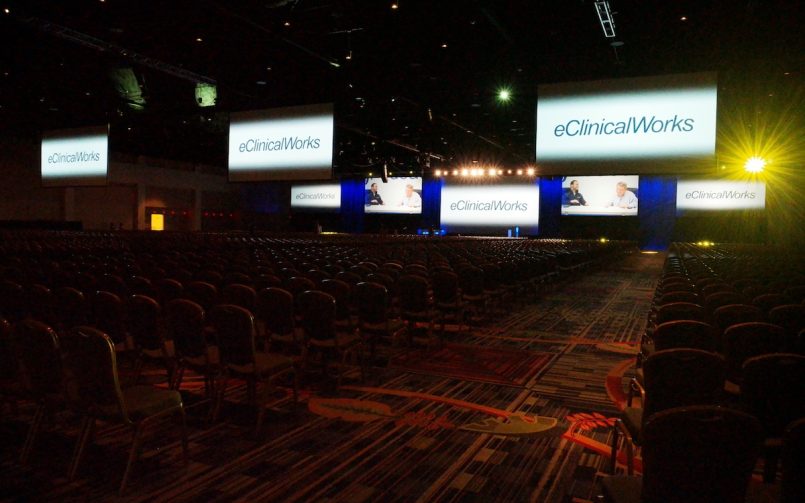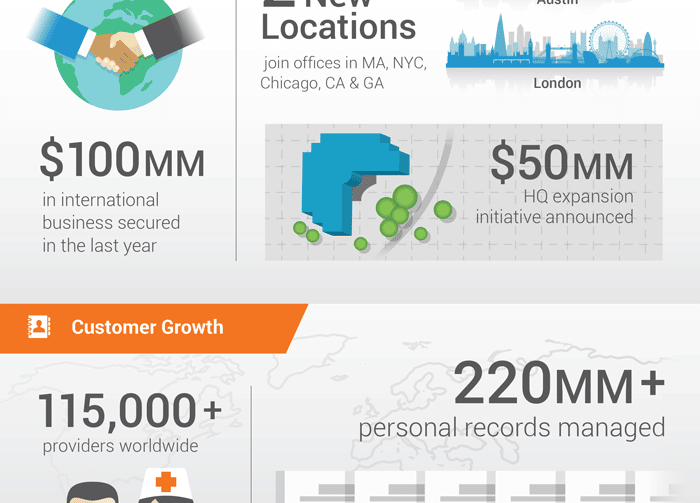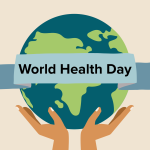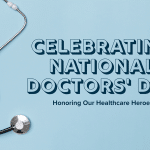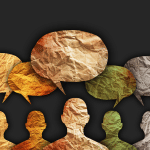SMART on FHIR: How Apps Are Shaping Healthcare’s Future
- 9 September 2021
- Blog
eClinicalWorks
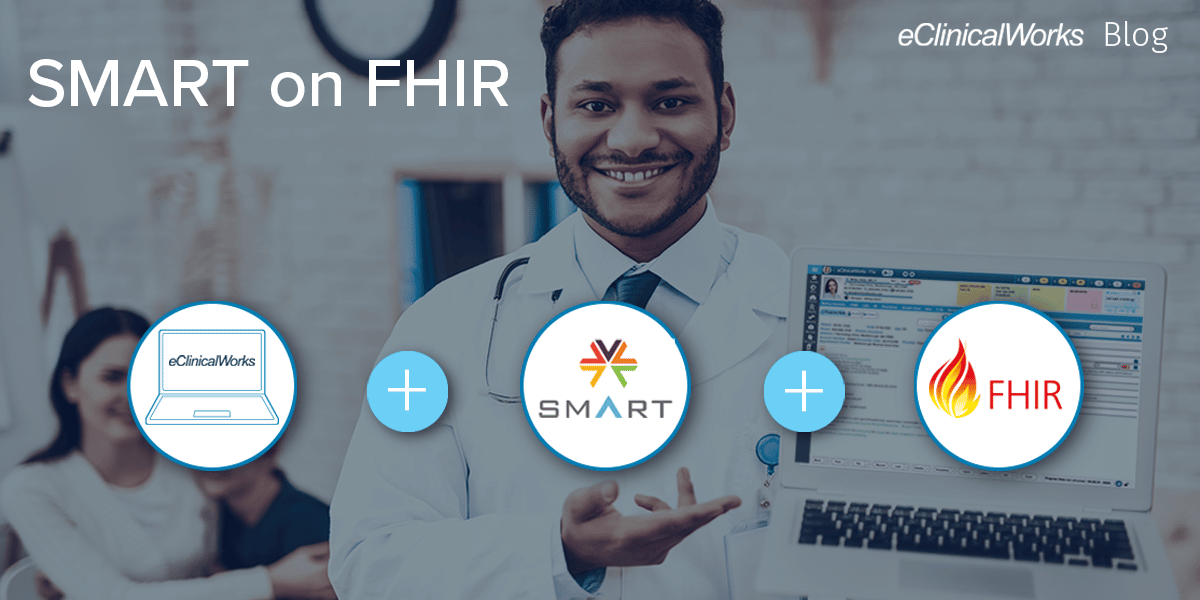
Harnessing technology to meet human needs
In 1969, microbiologist René Dubos won the Pulitzer Prize for “So Human an Animal,” an eloquent exploration of how technology must respect the uniqueness and value of human lives.
“Like the evolutionary development of mankind, the experiential development of each individual person consists in an integrated series of responses to environmental stimuli,” Dubos wrote. “In most situations, the effects of the total environment on the body and the mind must therefore be interrelated.”
Dubos is remembered today for popularizing the phrase “Think globally, act locally.” And, nearly 40 years after his death, Dubos’s plea that science must serve humanity continues to guide medical thought.
Ushering in a new era of personalized medicine
Today’s medical researchers and practitioners are using technology to make healthcare more personal, convenient, and responsive to their patients’ needs.
The rise of nationwide interoperability networks such as the Carequality Interoperability Framework and the CommonWell Health Alliance® are a major step forward, giving physicians a fuller view of each patient’s medical history.
eClinicalWorks® has enhanced those interoperability solutions by developing tools that help providers better use the patient data available to them, notably through PRISMA and Eva.
Next steps in interoperability: SMART on FHIR apps
The next step to the future of healthcare is now coming into view. Fast Healthcare Interoperability Resources (FHIR) enable even more efficient exchange of patient data. And through SMART Health IT, an open, standards-based platform, developers create apps that run seamlessly across the healthcare system.
Practitioners can draw upon a rapidly growing library of healthcare apps to improve clinical care, research, and public health.
How apps humanize healthcare
Where existing interoperability solutions focus on bringing together records from various sources, SMART on FHIR apps let doctors share clinical patient details with outside experts and partners to enhance care.
- For example, to help a patient who needs assistance with food or transportation, a provider could visit a website, enter the patient’s demographics, and obtain a referral. A SMART on FHIR app lets the provider achieve the same result in seconds within the eClinicalWorks EHR.
- Or say a provider is treating a patient for Lyme disease or diabetes. Through SMART on FHIR apps, the provider has on-demand access to imagery, research, and other resources. They can easily and quickly share such resources with the patient and incorporate additional data into the patient’s record.
These are just two of the countless possibilities of the emerging integration between apps and the EMR. SMART on FHIR apps have nearly unlimited potential to educate and empower patients, whether simply printing directions for taking medication or helping gauge risk for heart disease.
Toward a future of holism and wellness
The EHR, which began as a simple tool to document medical visits, continues to leverage technology and human ingenuity to promote human wellness.
What Dubos wrote about science in 1969 applies equally well to healthcare in 2021:
“The speed of progress is less important than its direction. Ideally, knowledge should serve understanding, freedom, and happiness rather than power, regimentation, and technological development for the sake of economic growth.”
To learn more about eClinicalWorks API Partners, click here!





